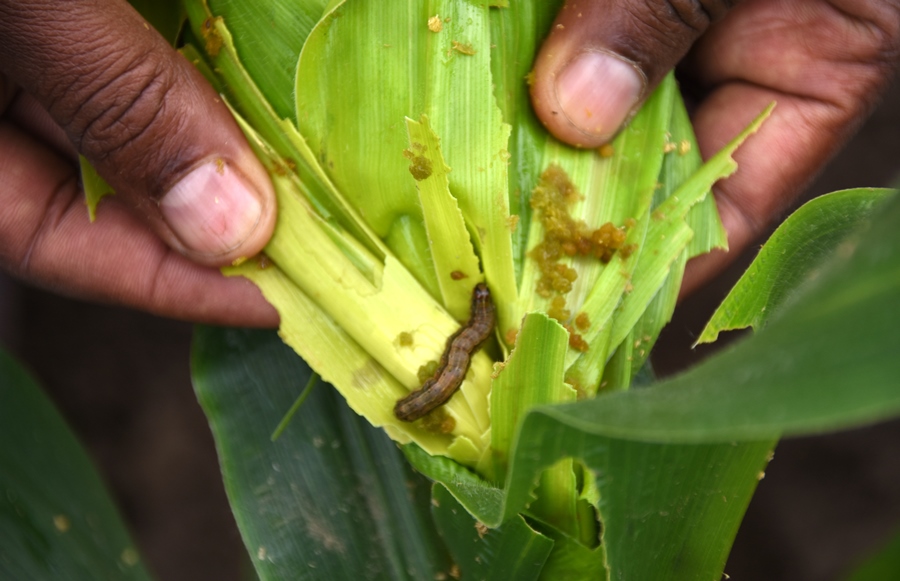Kenya, together with South Korea, have launched a new integrated pest management system that aims to stop the fall armyworm that is the major cause of maize farms’ devastation in the country.
This initiative which is facilitated by Korea through a funded project will help to eliminate completely or to a very large extent the use of chemical pesticides and maize production will increase.
According to Zachary Kinyua, the Crop Health Research Coordinator at the Kenya Agricultural and Livestock Research Organization (KALRO), the biological pest control system is going to integrate artificial intelligence to know about the movements of fall armyworms and provide data on the level of infestation.
Kenya by joining the programme is among 25 African countries that are implementing integrated pest management methods to control the invasive pest that has been reducing maize yields since its arrival in the region.
Small-scale farmers will be taught the use of biological control methods through the project, which will also see the release of the parasitic wasp and the beneficial fungus that naturally suppress the fall armyworm populations.
According to KALRO, the adoption of biological methods will be done in all the major maize-growing areas so that farmers will have access to sustainable and environmentally friendly pest control measures.
The collaboration will also facilitate the use of AI-powered platforms by KALRO and its partners in tracking and controlling the pest. This will lead to easier data sharing, early warning systems, and quick reaction mechanisms.
The integrated system is expected to make Kenya better equipped to handle fall armyworm and the food situation will be improved through more beneficial and efficient pest management methods.


